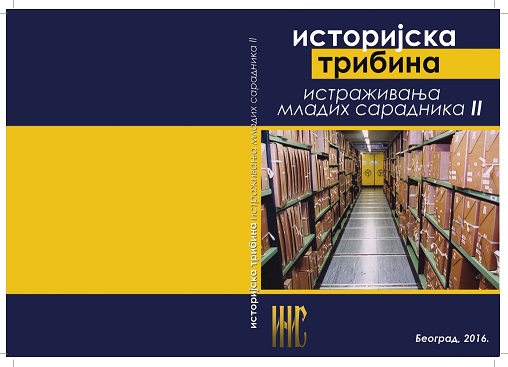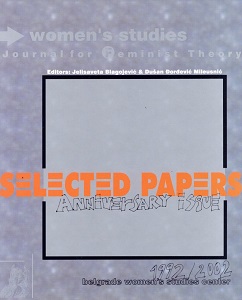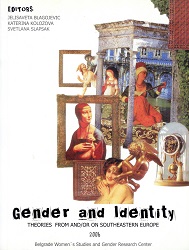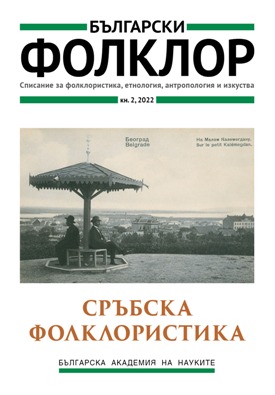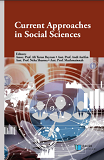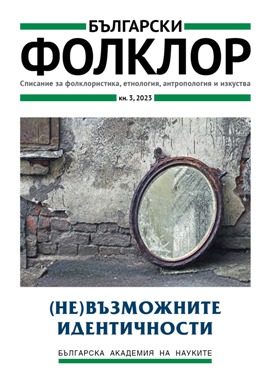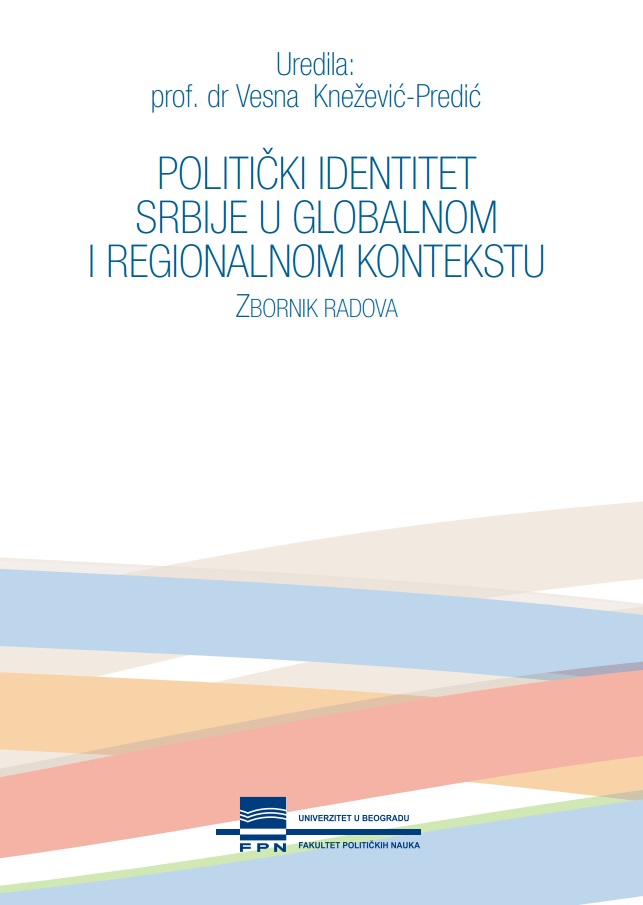
Da li je populizam neizbežan sastojak politike u Srbiji?
Populism is a growing phenomenon in contemporary politics. Populist parties, that once occupied the margins of the political scene, are increasingly gaining importance and visibility. On the other hand, this trend is getting its special shape in Eastern Europe in the form of the Hungarian party Fidesz and its leader Viktor Orban, who has already been in power for the last six years with undiminished share of populist policies. Similar characteristics (to a lesser extent) can be seen in the cases of other countries, such as Serbia, Poland or Macedonia. The initial aim of this paper is to consider the concept of populism and to offer a definition, that would be rooted in a theoretically highly developed field of populism research in Western Europe, but which would also reflect new trends in transitional democracies. The second aim of our paper is to analyze the social and institutional characteristics of the transitional Serbia and answer the question of whether these features encourage populist behavior of political actors. Basic dimensions of the analysis are the institutionalization of party systems on the one hand, and on the other hand, the analysis of social capital and opportunities for citizens to influence political processes to a significant extent.
More...
